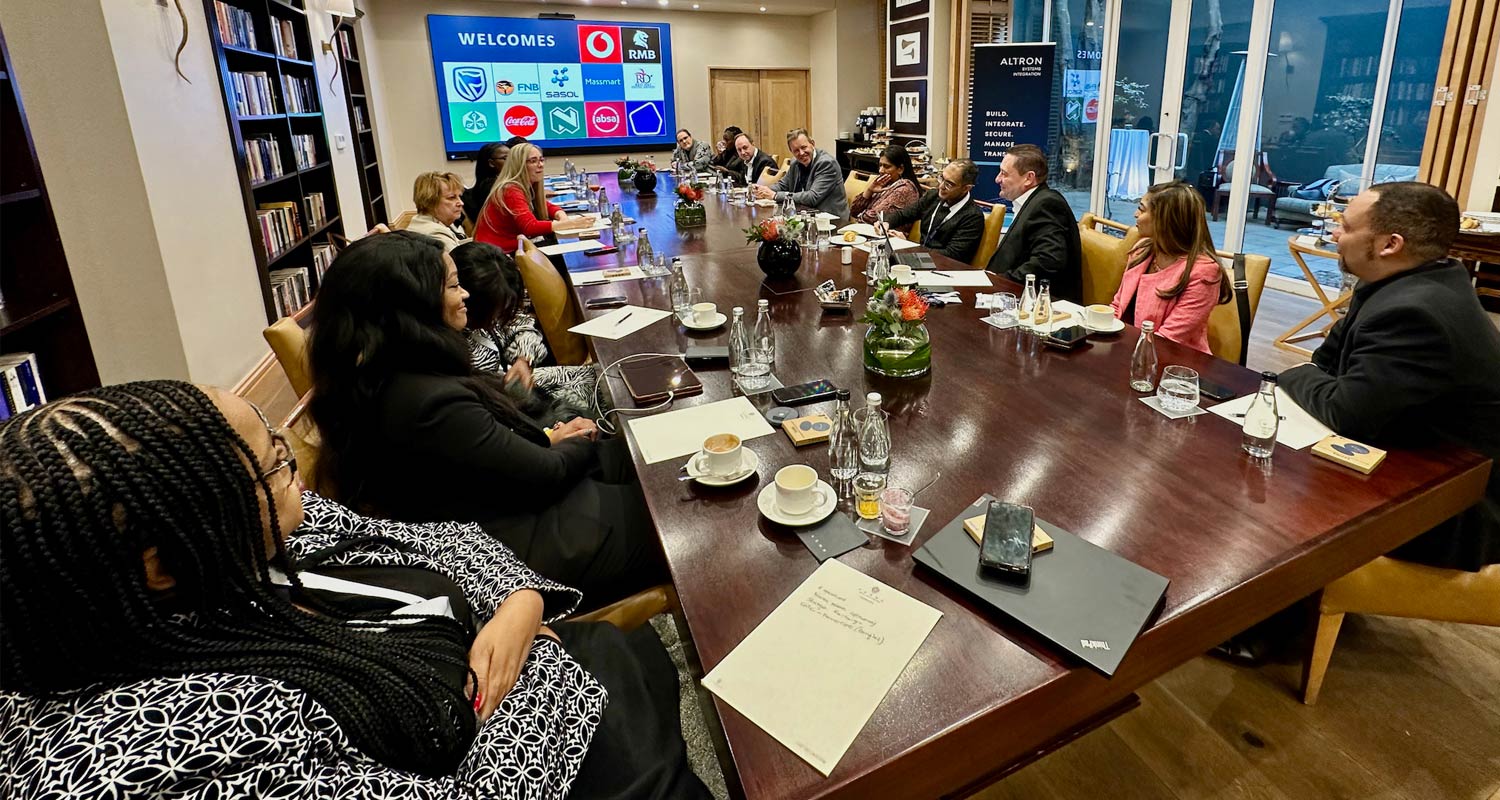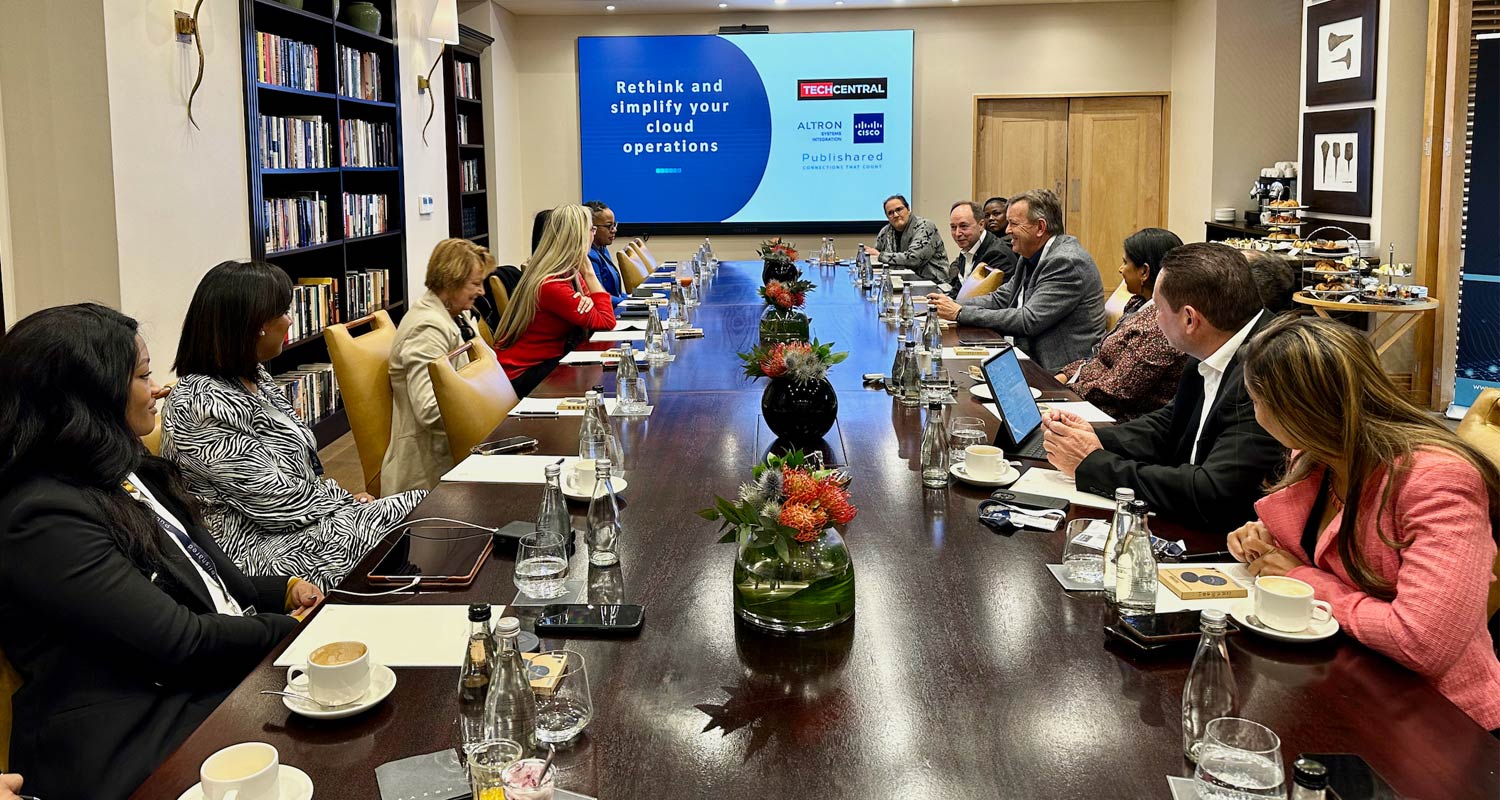 The importance of IT operations cannot be overstated. They form the backbone of every organisation, ensuring the seamless flow of information, the security of critical data and the overall efficiency of business processes.
The importance of IT operations cannot be overstated. They form the backbone of every organisation, ensuring the seamless flow of information, the security of critical data and the overall efficiency of business processes.
However, the complexity and ever-evolving nature of IT environments, driven by factors such as the proliferation of applications, the adoption of cloud computing and the explosion of data, have made managing these operations a daunting task. This complexity often results in higher costs, increased risk and a lack of agility.
To address these challenges, businesses are embarking on a journey to simplify and modernise their IT operations, involving a strategic rethink of how technology is managed and delivered, as well as carefully navigating the challenges associated with cultural change, migration complexity, security risks, skill gaps, and initial investments to reap the full benefits of this transformation.
To unpack the journey to IT transformation, TechCentral hosted a round-table conversation sponsored by Altron and Cisco with some of the country’s leading executives across a range of industries at the Saxon in Sandton. Attendees delved into the key benefits and challenges of simplifying and modernising IT operations and shared tips and strategies to avoid common pitfalls on the path to transformation.
They also explored the compelling reasons for broader industry collaboration across organisations embarking on IT transformation journeys, discussing the pivotal roles of vendors and regulators in driving a united front toward more efficient and effective IT operations.
They all agreed that as organisations seek to simplify and modernise their IT operations, industry collaboration is no longer a choice but a strategic imperative. By sharing learnings, resources and best practices, businesses can expedite their transformation journeys, reduce risks and ensure they remain competitive in a fast-paced digital world. Vendors and regulators, as key enablers of this collaboration, must work together with organisations to build a collective future that prioritises efficient, secure, and innovative IT operations.
Simplifying and modernising IT operations
Simplifying IT operations offers a multitude of benefits for organisations. It streamlines processes, reduces complexity and enhances efficiency, leading to cost savings and improved resource allocation. However, attendees agreed that the path to transformation is a complex undertaking fraught with challenges.
Resistance to cultural change within an organisation can impede progress, as can the complexities of migrating from legacy systems to new technologies. Security concerns are ever-present, as modernisation can introduce new vulnerabilities if not carefully managed. Additionally, skill gaps among the workforce can hinder successful implementation, and the initial investment required can be substantial. Vendor lock-in -and the ongoing need for vigilant cybersecurity measures – further complicates the process.
Despite these challenges, delegates agreed that organisations that navigate the modernisation journey strategically and with a focus on long-term benefits can ultimately emerge stronger and more agile in the digital era.
Navigating the modernisation journey
Delegates agreed that overcoming the most common barriers to simplifying and modernising IT operations and processes requires a holistic, strategic approach and a commitment to change. Clear strategic planning, effective change management and robust cybersecurity measures are essential.
Engaging stakeholders, fostering a culture of innovation, and investing in workforce training mitigates resistance to change and bridge skill gaps. Careful consideration of legacy systems, thorough testing, and vigilant monitoring help ensure a smooth transition. Avoiding vendor lock-in, staying informed about industry regulations, and maintaining open communication channels can help organisations overcome these barriers.
 However, the rapid pace of technological advancement has transformed the IT landscape into a dynamic, interconnected ecosystem. What was once a standalone, siloed process is now deeply integrated with every facet of an organisation’s operations.
However, the rapid pace of technological advancement has transformed the IT landscape into a dynamic, interconnected ecosystem. What was once a standalone, siloed process is now deeply integrated with every facet of an organisation’s operations.
As a result, the challenges and demands of IT modernisation have expanded exponentially. Organisations not only need to upgrade their systems and embrace innovative technologies but also navigate issues like data privacy, cybersecurity threats and regulatory compliance. These multifaceted challenges cannot be effectively tackled in isolation.
Broader industry collaboration
In an era defined by digital transformation, the need for broader industry collaboration across organisations has never been more critical. The challenges and opportunities presented by IT modernisation are multifaceted and extend beyond the scope of any single organisation.
The consensus from delegates was that by sharing knowledge, embracing emerging technologies, fortifying cybersecurity, and advocating for favourable regulations collectively, businesses can navigate the complex IT landscape more effectively.
The consumer-centric imperative
Attendees also agreed that the simplification and modernisation of IT operations are not just internal matters for businesses. They directly impact end consumers by shaping the quality of services, security and overall experience.
Therefore, when simplifying and modernising IT operations, organisations must prioritise consumer needs and experiences. By doing so, businesses can foster customer loyalty, gain a competitive edge, and position themselves as leaders in their respective industries.
Ultimately, the journey to consumer-centric IT modernisation becomes a win-win scenario, where businesses thrive by delivering what consumers desire: a seamless, secure and enjoyable digital experience.
TechCentral, Altron and Cisco thank those who participated in the round-table discussion.
- This promoted content was paid for by the party concerned




